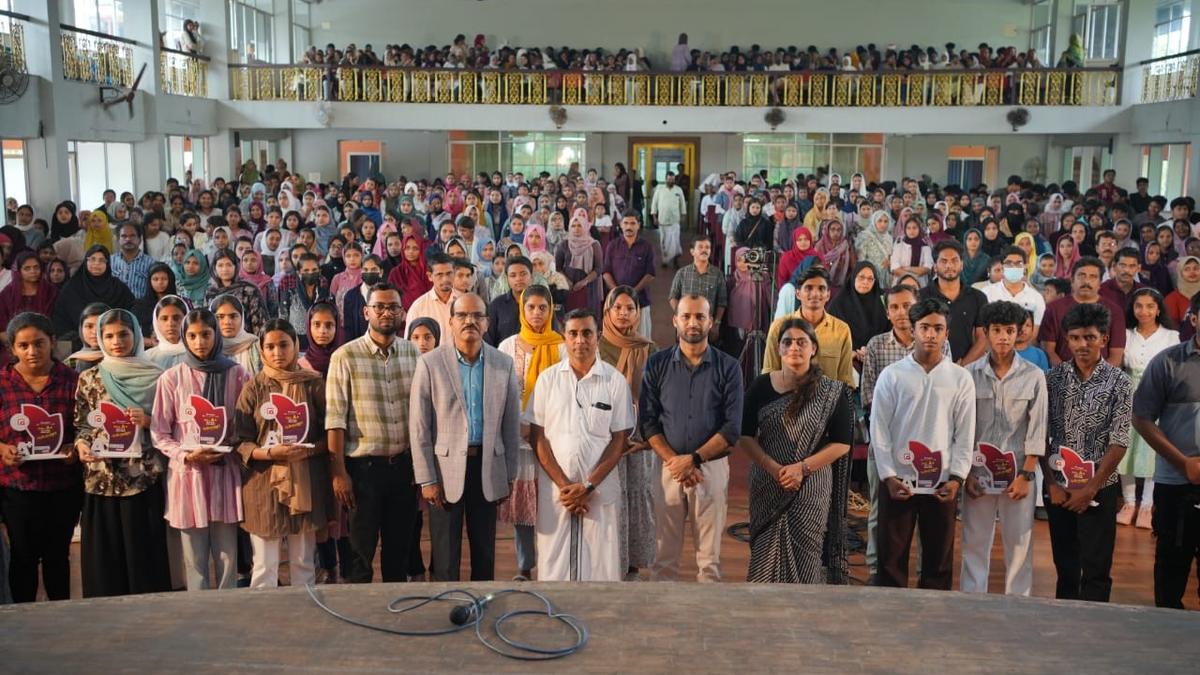Journalist Soumya Viswanathan’s gruesome murder in Delhi in 2008 followed by IT professional Jigisha Ghosh’s abduction and murder just a year later had sent shock waves nationwide regarding the safety of women in the national capital.
When revealed that the culprits behind both incidents were the same, the long winding road to justice for the slain lives began. While Viswanathan’s legal crucible ensued, another renowned journalist Gauri Lankesh was brutally murdered in Bangalore back in 2017.
A Long Winded Path to Justice For Viswanathan
Vishwanathan’s murder took place in September 2008 and the chargesheet was finally filed in February 2010, following which the trial commenced in September that year.
After 13 long years, the Court finally convicted those accused and awarded double life imprisonment sentences to four of the convicts under charges of murder and under the Maharashtra Control of Organised Crime Act (MCOCA) and three years of imprisonment to the fifth convict under the charges of dishonestly receiving stolen property and MCOCA.
Just about three months after the order of conviction, while their appeals against the said order before the Delhi High Court was pending, the HC granted bail to all four of them till the pendency of their appeals. This prompted Vishwanathan’s mother to move the SC challenging the bail order.
However, the order of bail is interim in nature and it can be reversed through subsequent orders of the High Court or the SC.
An Elusive Justice for Lankesh
Gauri Lankesh’s case had attracted substantial attention globally. Within a year, a probe by a Special Investigation Team had led to the arrest of 17 accused. Yet, the trial continues to be nowhere near the end, despite the lapse of seven long years.
Only 17% of the total number of witnesses have been examined thus far. It is, therefore, hardly surprising that pending this prolonged delay, this case has branched into several appeals and applications before different courts over the last seven years.
One was a bail application by one of the accused Mohan Nayak in 2023. Although Nayak was one of the co-accused of murder, he contended that the application of the provisions of the Karnataka Control of Organised Crimes Act (KCOCA) to him was erroneous and therefore, qualified him for bail.
This is his second application. In 2021, hearing his first application, the Karnataka HC, relying on the procedural irregularities in establishing Nayak’s role under the KCOCA, had granted him bail. However, this was reversed by the SC in 2021 which observed that the specific role of the accused is not necessary to be examined by the authorities for invoking the KCOCA.
In the latest bail order, Karnataka HC dissented from the apex court’s rationale and again granted bail to Nayak on the grounds that there wasn’t enough evidence on material record to establish his guilt under KCOCA and even if it were to be proved, the punishment would be five years which Nayak had already been imprisoned for.
Under What Circumstances Can Bail Orders Be Expedited?
Vishwanathan and Lankesh's families' ordeals with the justice system with the differing stance of the judiciary on bail points towards one plausible root cause: the undue delay in trial.
Recurring bail applications and their subsequent challenges not only stretch out the course of the proceedings but also exacerbate the trauma and financial burden on both parties.
However, countless cases portray consecutive applications by the prosecution for an extension of the time to file chargesheets thus, letting undertrials languish in jails for periods longer than their dues. As a result, strictures of time are frequently flouted and more often than not on grounds which are not reasonable.
Iterative and often overlapping applications of bail is a direct consequence of the protracted delays and complex proceedings in criminal trials. This further complicates the stated law regarding the grant of bail.
In the 2022 case of Satendra Kumar Antil vs Central Bureau of Investigation, the SC had laid down guidelines on bail and foregrounded that "bail is the rule and jail is an exception coupled with the principle governing the presumption of innocence.”
The Stated Ambiguity in the Rarest of the Rare Cases
Notwithstanding the general principle of presumed innocence and the staggeringly high rate of overcrowding in Indian jails, in Vishwanathan’s cases, there is a conviction order and indubitable evidence of the accused being a repeat offender.
What stops them from conspiring to seek revenge against Vishwanathan’s old parents? In Nayak’s case, his established connection with a certain politically motivated group casts doubts over whether or not efforts can be initiated to thwart the claims for justice for Lankesh.
In Vishwanathan’s case, the demand for the death penalty was dismissed by stating that it doesn't qualify under the "rarest of the rare” category. Now, this in itself has embedded ambiguity be it in murder or in rape cases. A life lost prematurely is rare in itself, so in the absence of stated qualifiers, it’s a cruel wound to the families to discount a murder as "not rare”.
What is further interesting is that our Courts seldom render such benevolent views to several other cases. Umar Khalid’s bail applications met with more than 13 adjournments and multiple rejections before different courts and has been languishing in jail for over 3 years.
The need for a codified law on bail and even more, close compliance to the same is the gaping need of the hour to truly make criminal trials fair for both sides.
(Yashaswini works as the Outreach Lead at Nyaaya, an initiative of Vidhi Centre For Legal Policy to provide simple, actionable, reliable, accessible legal information for all. She holds a law degree from SOAS, University of London. She tweets at @yashaswini_1010. This is an opinion piece and the views expressed above are the author’s own. The Quint neither endorses nor is responsible for the same.)
(At The Quint, we are answerable only to our audience. Play an active role in shaping our journalism by becoming a member. Because the truth is worth it.)

 1 week ago
115
1 week ago
115


